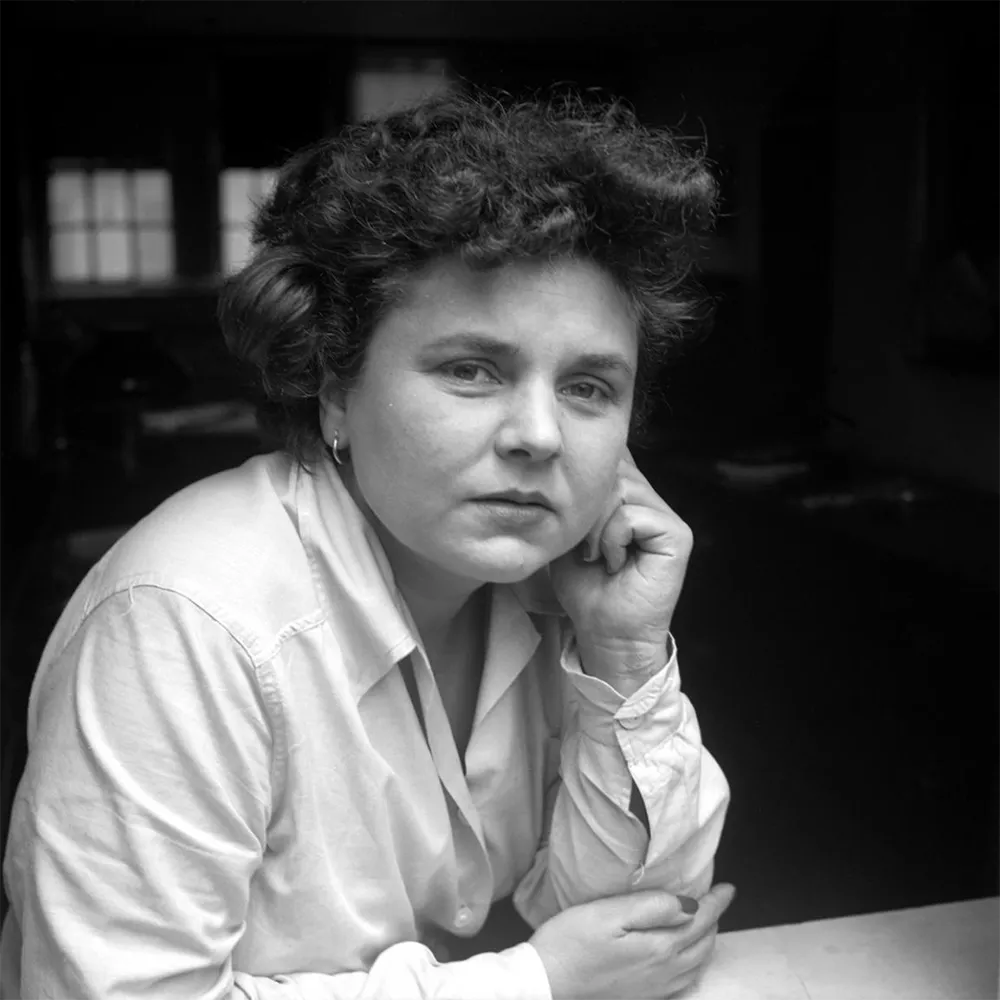
Elizabeth Bishop (1911–1979) was a Pulitzer Prize-winning American poet known for her meticulous craftsmanship, vivid imagery, and profound emotional depth. Her work often explored themes of geography, identity, and human resilience. With a poetic style marked by clarity and precision, Bishop left a lasting legacy as one of the 20th century’s most celebrated and influential poets.
Elizabeth Bishop Biography
Elizabeth Bishop Poems
Elizabeth Bishop’s poetry is renowned for its precision, descriptive power, and exploration of human emotions. Below are some of her most notable works:
1. “The Fish”
This iconic poem exemplifies Bishop’s gift for detailed observation and her ability to find beauty and dignity in the mundane. It describes the speaker’s encounter with a large, aged fish, culminating in a moment of awe and release.
2. “One Art”
A villanelle that grapples with loss, this poem turns personal pain into a meditation on the inevitability of losing things in life. Its refrain, “The art of losing isn’t hard to master,” is both resigned and poignant.
3. “Sestina”
This poem uses the strict form of the sestina to tell a story of a grandmother and child in a domestic setting, imbued with themes of memory and sadness.
4. “In the Waiting Room”
A semi-autobiographical narrative that captures a child’s moment of existential awakening while waiting in a dentist’s office.
5. “Questions of Travel”
From her time in Brazil, this poem reflects on the nature of travel, asking whether the act of wandering is necessary or a distraction from finding meaning.
6. “At the Fishhouses”
A reflective poem set along the Nova Scotian coastline, blending vivid imagery with philosophical musings on knowledge and truth.
7. “Filling Station”
Bishop transforms a greasy gas station into a meditation on love and care, finding unexpected beauty in the ordinary.
8. “The Moose”
A long, narrative poem that captures a rural bus journey interrupted by the appearance of a moose, blending natural and human worlds.
9. “Crusoe in England”
A reflection on Robinson Crusoe’s life in isolation and its aftermath, this poem contemplates themes of loneliness and memory.
10. “Sandpiper”
A delicate poem about a small bird searching the shore, highlighting Bishop’s precision in depicting the natural world and her ability to draw metaphorical meaning from it.
Elizabeth Bishop Quotes
1.“The art of losing isn’t hard to master.”
2.“All my life I have lived and behaved very much like the sandpiper—just running along the edges of different countries and continents, looking for something.”
3.“Write it! Write it!” (The Fish)
4.“Somebody loves us all.” (Filling Station)
5.“I lost two cities, lovely ones. And, vaster, some realms I owned, two rivers, a continent.”
6.“Should we have stayed at home and thought of here?” (Questions of Travel)
7.“Everything only connected by ‘and’ and ‘and.’”
8.“Time to plant tears, says the almanac.” (Sestina)
9.“If you should dip your hand in, your wrist would ache immediately.” (At the Fishhouses)
10.“I am not a bit sentimental about the past.”
Elizabeth Bishop Facts
1.Elizabeth Bishop won the Pulitzer Prize in 1956 for Poems: North & South—A Cold Spring.
2.She published only around 100 poems in her lifetime but is considered one of the most significant poets of the 20th century.
3.Bishop was deeply influenced by Marianne Moore, who became her mentor and lifelong friend.
4.She spent nearly 15 years living in Brazil, which inspired much of her later work.
5.Bishop’s childhood experiences in Nova Scotia shaped her love of nature and themes of displacement.
6.Her poem “One Art” is one of the most famous examples of a modern villanelle.
7.Bishop’s father died when she was eight months old, and her mother was institutionalized when she was five.
8.Bishop struggled with alcoholism for much of her life.
9.She was awarded the National Book Award in 1970 for The Complete Poems.
10.Bishop was the first woman to be awarded the Neustadt International Prize for Literature in 1976.
